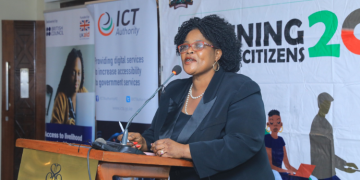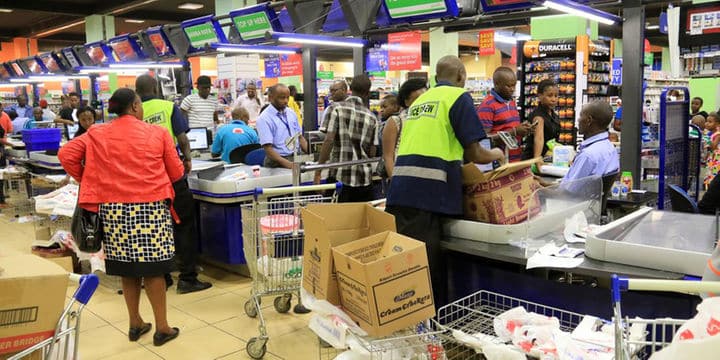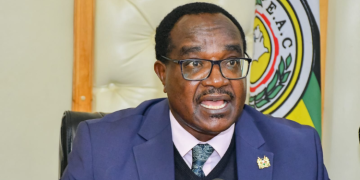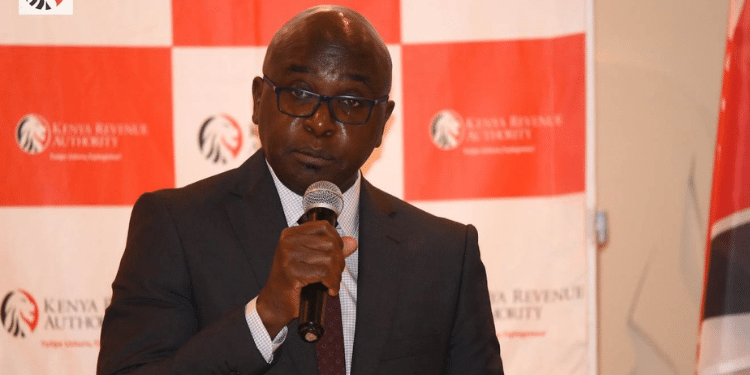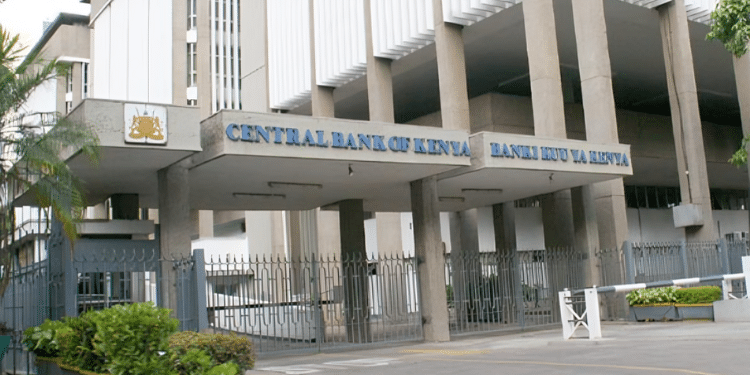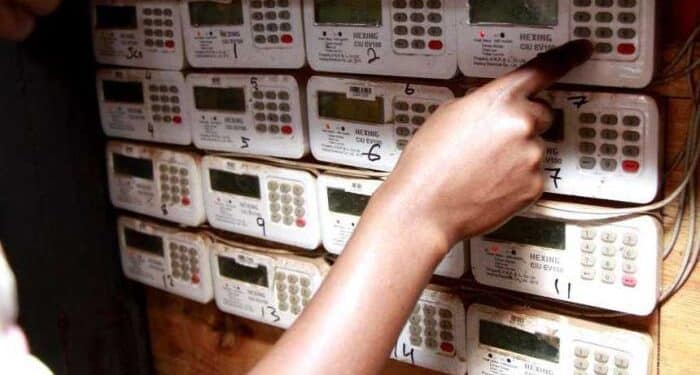For the first time, Kenyans are able to enjoy cheaper tokens by selling their excess power to Kenya Power.
This has been made possible by the Energy (Net-Metering) Regulations, 2024, which was gazetted in June by the former Energy CS.
According to the regulation, individuals under the metering system who generate their own electricity and are also connected to the national power grid can now sell their surplus power.
A net-metered system involves installing renewable energy sources, such as solar panels or wind turbines, at a home or business.
Moreover, the property is connected to the national power grid, allowing it to both draw electricity from and feed electricity back into the grid.

Also Read: Kenya Power Announces Training & Job Opportunities for Fresh Graduates; How to Apply
How Kenyans Will Save Tokens from the System
Kenyans can trade the extra electricity produced from the renewable energy sources by depositing it into the national grid instead of investing in expensive battery storage systems.
For example, if a residential customer has a solar power system on their roof, it may generate more electricity than the home uses during daylight hours.
If the home is net-metered, the electricity meter will run backward to provide a credit against what electricity is consumed at night or other periods when the home’s electricity use exceeds the system’s output.
A special bi-directional meter is installed to measure electricity flowing both into and out of the property. This meter tracks the amount of electricity generated and the amount consumed.
Therefore, this means that the customer will be billed only for their net energy use.
On the other hand, if more electricity is produced and sent to the grid than was used from the grid, the property owner will receive credits worth half the price they pay for electricity from Kenya Power.
The power company explained that the credits can offset future bills but will expire at the end of Kenya Power’s financial year (June 30).
Also Read: Kenya Power Explains Why Customers Must Manually Load Tokens in Digital Era
Qualifications for the System
To qualify for net-metering, consumers must generate electricity from renewable sources like solar, small hydropower, or wind.
Also, Single-phase domestic consumers can connect up to a limit of 4 kW, three-phase consumers have a limit of 10 kW while commercial and industrial consumers can feed up to 1 MW into the grid.
Interested consumers are required to apply through Kenya Power or their respective retailer. Applications are approved on a first-come, first-served basis.
The Energy and Petroleum Regulatory Authority (EPRA) will only license a total capacity of 100 MW
Furthermore, when approved, they must enter into a net-metering agreement and install the necessary equipment within six months.
However, consumers are responsible for the cost of installing, commissioning, and connecting the meter to Kenya Power’s network. A license that will be issued will be valid 5 years.
Follow our WhatsApp Channel for real-time news updates.
https://whatsapp.com/channel/0029VaB3k54HltYFiQ1f2i2C



